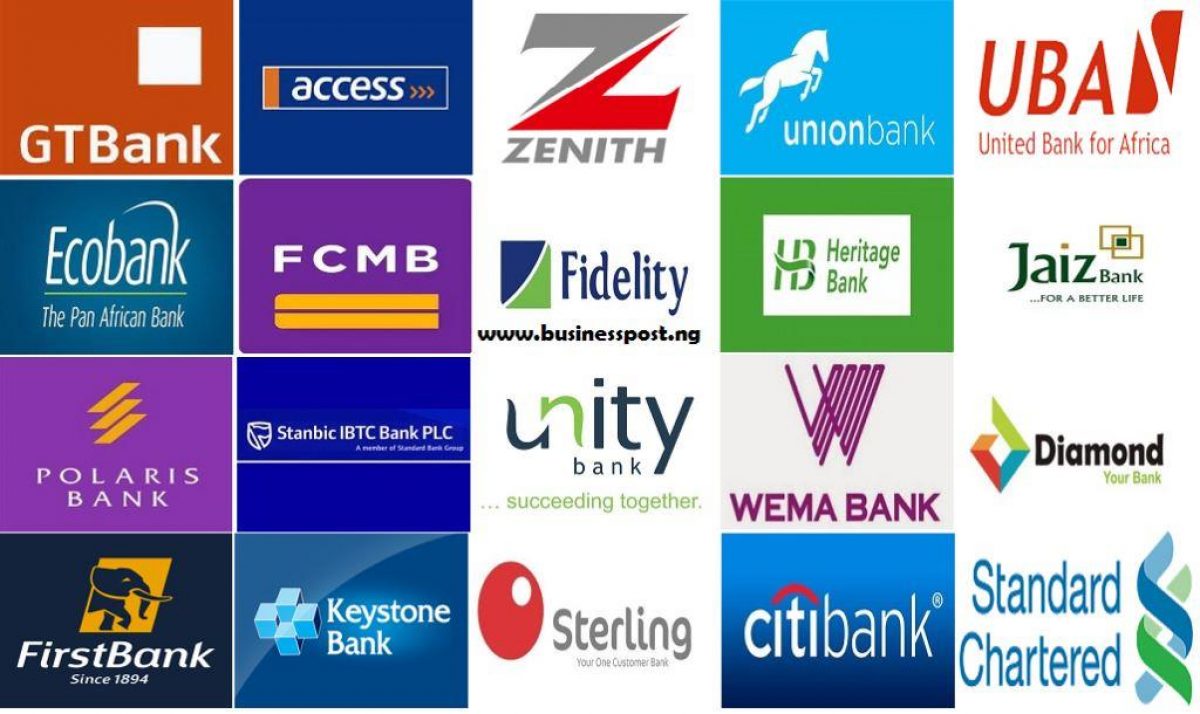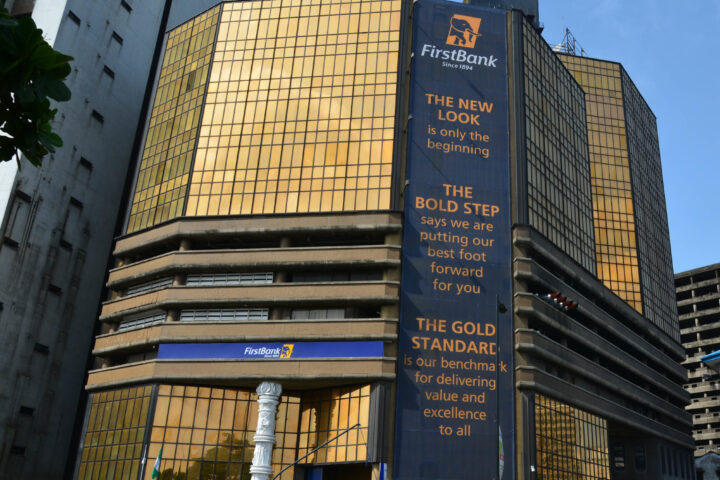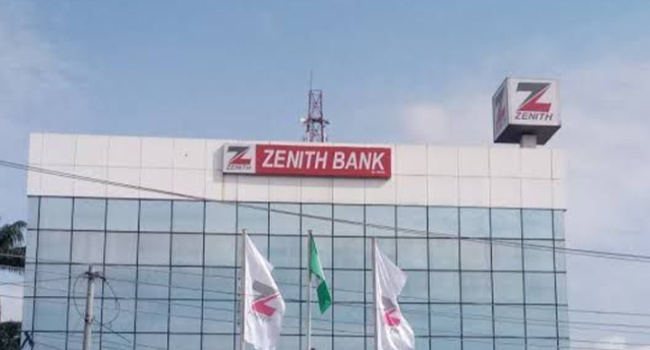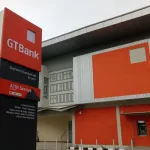Coming across to Nigerians as oases of plenty in a desert of need, Nigerian banks have come under heavy criticism for declaring super profits despite rising inflation and widespread poverty. The outcry has intensified with allegations of spurious bank charges that further burden an already struggling populace.
Recent financial statements revealed that the combined assets of ten Nigerian banks reached N140.3 trillion in the first quarter of 2024, up from N114.5 trillion at the end of 2023. These banks— Zenith Bank Plc, United Bank for Africa (UBA) Plc, Access Holdings Plc, FBN Holdings Plc, FCMB Group Plc, Stanbic IBTC Holdings Plc, Guaranty Trust Holding Company (GTCO) Plc, Fidelity Bank Plc, Sterling Financial Holdings Company Plc, and Wema Bank Plc.—have reported notable profits, sparking public outrage.
Join our WhatsApp ChannelAccording to Afrinvest Limited, these banks’ assets are only 16.4 percent of Nigeria’s $0.5 trillion Gross Domestic Product (GDP), a figure notably lower than those of banks in other countries with similar GDPs. For instance, in Egypt, the asset-to-GDP ratio stands at 100 percent, while in South Africa, it is 74 percent. Even in Kenya, it is 47 percent.
READ ALSO: Zenith Bank, Access, UBA, FBNH, GTCO, 5 Others’ Assets Rise To N140.3trn In Q1 2024
The disparity has prompted calls for a recapitalization exercise. Ike Chioke, Group Managing Director of Afrinvest West Africa Limited, highlighted the necessity: “Based on the CBN capital requirement, there’s a need for Nigerian commercial banks to reach N3.7 trillion to bolster the N1.9 trillion they currently have. Clearly, we have quite a lot of work ahead.”
Despite these profits and assets, many Nigerians are feeling the pinch from what they perceive as unfair bank charges. “Every month, I see deductions from my account for services I didn’t even request. It’s frustrating,” said Chinedu Okeke, a customer of one of the major banks. His sentiment is echoed by numerous others who have taken to social media and other platforms to voice their dissatisfaction.
Furthermore, the poverty index in Nigeria paints a grim picture. According to the National Bureau of Statistics (NBS), 40 percent of Nigerians live below the poverty line, surviving on less than N137,430 per year. The World Bank has warned that the number of poor Nigerians could increase due to the economic impact of COVID-19 and ongoing inflation.
The contrast between the banks’ super profits and the poverty experienced by many Nigerians is stark. In the first quarter of 2024, Access Bank led with total assets of N32.6 trillion, followed by UBA with N25.3 trillion, and Zenith Bank with N24.3 trillion. GTCO saw the highest asset growth rate at 35.4 percent, followed by FBN Holdings with 27.2 percent and UBA at 22.8 percent.
Many customers are not just angry about the high bank charges but also about the perceived lack of transparency. “We need more accountability from these banks,” said Amina Lawal, a financial analyst. “People are struggling to make ends meet, and these charges only add to their burdens.”
The banks, however, argue that these charges are necessary for maintaining operations and ensuring the stability of the banking system. A spokesperson for one of the major banks stated, “Our charges are in line with regulatory guidelines, and they help us provide better services and security for our customers’ funds.”
Despite these assurances, the public’s frustration is palpable. “I don’t see how these charges are helping me,” said Adeola Adebayo, another disgruntled customer. “All I see is money disappearing from my account every month.”
Other comments are:
“Chai, that’s why Zenith always deducts money from my account every week. God go punish una.” – pleaded anonymous. “These charges are too much. How do they expect us to survive?” – John Okafor
“There needs to be more transparency. We deserve to know what we are being charged for.” – Bisi Ademola
“I am tired of seeing my money disappear for no reason.” – Seyi Emmanuel
“Banks should be helping us, not making life harder- Mary Abraham
As the Federal Government aims to achieve a $1 trillion economy in the next five years, the pressure on banks to balance profitability with social responsibility will likely increase. “Banks must find a way to support economic growth without exploiting their customers,” said an economist, Emeka Nwosu. “It’s a delicate balance, but it is essential for sustainable development.”
The ongoing debate over bank charges and super profits in Nigeria underscores a broader issue of economic inequality. As banks continue to grow their assets and declare profits, the call for fairer banking practices and greater support for the financially vulnerable will remain a pressing issue.
Emmanuel Ochayi is a journalist. He is a graduate of the University of Lagos, School of first choice and the nations pride. Emmanuel is keen on exploring writing angles in different areas, including Business, climate change, politics, Education, and others.



















Follow Us